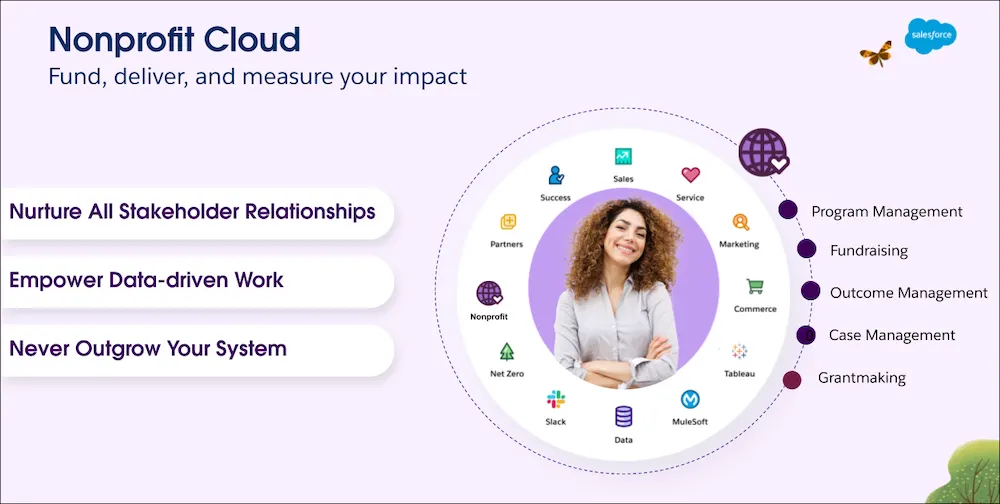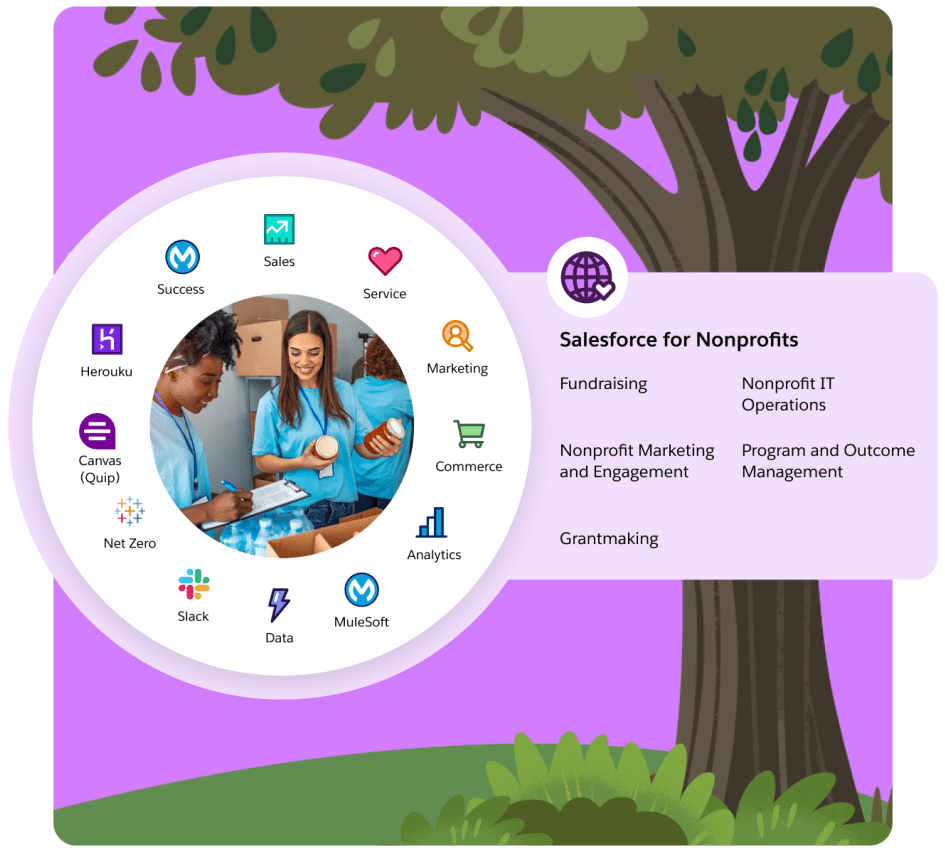In today’s fiercely competitive digital landscape, having an online store is no longer just an option – it’s a necessity. Businesses often gravitate towards popular off-the-shelf e-commerce platforms like Shopify and Magento due to their perceived ease of use and quick setup. While these platforms serve as excellent starting points, for businesses with unique needs and ambitious growth plans, they often fall short.
The truth is, for a truly competitive edge, many businesses need to look beyond the off-the-shelf and embrace the power of custom e-commerce software.
The Limitations of Off-the-Shelf: When One Size Doesn’t Fit All
Platforms like Shopify and Magento are designed to cater to a broad audience, offering a standardized set of features and functionalities. While this can be a boon for simple direct-to-consumer (D2C) businesses, it quickly becomes a bottleneck for those with distinct operational workflows, complex product offerings, or specific customer experiences they wish to deliver.
Here’s why these platforms, despite their popularity, can become limiting:
- Limited Customization and Unique Branding:
- Shopify: While Shopify offers a vast theme library and app store, true deep customization often requires significant workarounds or can be outright impossible without modifying its proprietary “Liquid” language. This means your store might end up looking and feeling similar to countless others, hindering your ability to establish a truly unique brand identity. Advanced design changes can require specialized skills in Liquid, HTML, CSS, and JavaScript, leading to higher development costs for even seemingly small tweaks.
- Magento: While more open-source and flexible than Shopify, Magento still operates within a predefined architecture. Achieving highly specific or unconventional layouts, product display options, or checkout flows can be complex and time-consuming, demanding significant development expertise. The sheer volume of files and database tables can make customization a difficult and slow task.
- Scalability Caps and Performance Issues:
- Shopify: As businesses scale, especially those with massive traffic spikes during sales or large product catalogs, Shopify’s shared hosting environment and platform limitations can lead to performance bottlenecks. While Shopify Plus offers more robust solutions, it comes at a premium and still operates within the platform’s ecosystem, which may not always align with extreme, unique performance demands.
- Magento: While powerful and designed for scalability, Magento can be resource-intensive. Without proper server configuration, skilled optimization, and continuous maintenance, Magento stores can suffer from slow loading times, particularly with the open-source version. Managing high volumes of products and traffic requires a significant investment in hosting and skilled developers to ensure optimal performance.
- Integration Headaches and Data Silos:
- Off-the-shelf platforms often rely on third-party apps for integrations with essential business systems like ERP, CRM, PIM, or warehouse management software. These integrations can be clunky, expensive, and may not offer the seamless, real-time data flow that complex operations require. Businesses often find themselves exporting and importing data manually or dealing with broken connections. This can lead to inefficient workflows and a fragmented view of your business data.
- Feature Constraints and Workarounds:
- If your business model involves unique pricing structures, complex product configurations (e.g., custom-built products with many variables), subscription models with intricate logic, multi-vendor marketplace functionality, or highly specific B2B features (like customer-specific catalogs or punch-out integrations), off-the-shelf platforms often lack native support. You’re left relying on a patchwork of apps and manual workarounds, which can become costly, difficult to maintain, and prone to errors.
- Vendor Lock-in and Hidden Costs:
- With off-the-shelf platforms, you’re essentially renting your e-commerce infrastructure. You’re subject to their terms of service, pricing changes, and platform roadmaps. Migrating your data and store away from these platforms can be a challenging and expensive endeavor. Furthermore, while initial subscription fees might seem low, the cumulative costs of apps, themes, transaction fees (if not using their payment gateway), and developer support for customisations can quickly add up, often surpassing the long-term cost of a custom solution.
The Unrivaled Advantages of Custom E-commerce Software
Stepping “beyond off-the-shelf” means investing in a bespoke e-commerce solution tailored precisely to your business’s DNA. Here’s why custom development is often your ultimate competitive edge:
- Tailored to Your Unique Business Logic and Workflows: This is the paramount advantage. Custom software is built from the ground up to reflect your exact processes, products, and customer journey. No more bending your business to fit the software; the software is designed to perfectly fit your business. This leads to unparalleled efficiency and reduced operational overhead.
- Unrestricted Customization and Brand Expression: You have complete control over every pixel and every interaction. Your website becomes a true extension of your brand, offering a unique and memorable user experience that stands out in a crowded market. This fosters stronger brand loyalty and customer engagement.
- Superior Scalability and Performance: A custom solution can be architected to handle anticipated growth, massive traffic volumes, and extensive product catalogs without compromising speed or reliability. You control the hosting environment and optimize every aspect for peak performance, ensuring a smooth experience even during high-demand periods.
- Seamless Integrations and Data Ownership: Custom development allows for seamless, real-time integration with all your existing business systems. This eliminates data silos, automates workflows, and provides a unified view of your operations, enabling smarter decision-making. You also retain full ownership and control over your invaluable customer data.
- Competitive Differentiation and Innovation: Custom features, such as AI-driven recommendations, advanced product configurators, personalized loyalty programs, or unique fulfillment options, can be built directly into your platform. This allows you to offer functionalities that your competitors simply cannot replicate with off-the-shelf solutions, giving you a significant market advantage.
- Enhanced Security: With custom software, security protocols are integrated from the start, tailored to the sensitivity of your data and industry compliance requirements. You have greater control over security measures compared to generic off-the-shelf platforms, which can be frequent targets for hackers due to their widespread use.
- Long-Term Cost-Effectiveness and ROI: While the initial investment in custom development might be higher, it often translates to significant long-term savings. You eliminate recurring subscription fees, costly app subscriptions, and the need for frequent, expensive workarounds. Moreover, a platform perfectly optimized for your business will lead to higher conversion rates, improved customer retention, and ultimately, a greater return on investment.
When is Custom E-commerce the Right Choice?
Consider custom e-commerce development if:
- You have a truly unique business model or product offering that doesn’t fit standard e-commerce molds.
- You require deep, real-time integration with complex internal systems (ERP, CRM, WMS).
- Your brand demands a highly personalized and distinctive user experience.
- You anticipate significant growth and need a platform that can scale without limitations.
- You require specialized features that are not available or are poorly implemented in off-the-shelf solutions.
- You want complete control over your data and security.
- You are looking for a long-term strategic asset that provides a sustainable competitive advantage.
In a world where online presence is paramount, merely having a store isn’t enough. To truly thrive and outperform your rivals, your e-commerce platform needs to be as unique and agile as your business. Beyond the off-the-shelf, custom e-commerce software isn’t just a luxury – it’s a strategic imperative for long-term success.




